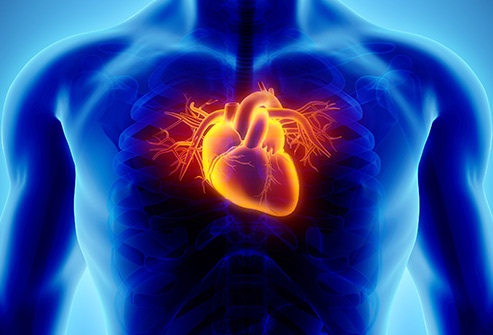Dr. Balbir Singh
Apart from family history, the poor lifestyle choices that one makes has been the leading cause of cardiac ailments among the younger generation in India. With changing lifestyle and poor socio-economic factors, there is a rapid increase in the number of patients living with ischemic heart disease.
Acute Coronary Syndrome (ACS) or commonly known as heart attack, is one of the leading deadly diseases in developing countries like India. Over 20% of the population especially in the age bracket of 40-50 years is developing several cardiac ailments that ultimately lead to heart failure.
Cardiac ailments among the Indian population still remain the leading cause of premature mortality and morbidity. Attributing to a plethora of reasons including poor lifestyle habits like smoking, binging on alcohol, poor eating habits and sedentary lifestyle, has led to patients with high cholesterol, hypertension and high blood sugar levels.
While a person’s genetic disposition and family history remain the most common and uncontrollable risk factors, the majority of heart diseases in the younger generation which is on the rise is due to excessive stress.
Creating awareness among the masses about the advancements can save many lives. Advancements in the field of cardiac sciences has been a boon to patients with end stage heart problem. The only and the easiest way to prevent heart failure are avoiding the lifestyle and food habits that encourage obesity, diabetes, high blood pressure.
Early detection and timely intervention is the key
While heart disease or failure sounds dangerous, it can be treated with better care and diagnosis. The only and the easiest way to prevent heart failure is avoiding the lifestyle and food habits that lead to obesity, diabetes, high blood pressure.
With availability of different biomarkers like Hs Troponin, Myocardial perfusion studies and CT angiography, early non-invasive detection of coronary artery disease is possible.
Effective management includes a combination of lifestyle changes, medicines and non-invasive treatments. Invasive and surgical treatments are required in more severe cases. In most cases it is possible to eventually resume normal life. Some simple lifestyle changes include eating a healthy balanced diet, being physically active, doing regular exercise, no smoking and controlling blood cholesterol and sugar levels.
Cardiac Hospitals in India perform more than 2 lakh open heart surgeries and are increasing annually by 25% but they are not able to control the numbers of heart attacks. The surgeries done are only palliative. Educating the essentials about Heart disease and its risk factors is important to eradicate the casualties from the root.
What are the symptoms?
Not every CHD patient has the same symptoms and angina chest pain as its most common feature. Symptoms may vary from nil to severe, some may have an uncomfortable feeling like indigestion and some cases may be experiencing severe pain, heaviness or tightness. The pain is usually felt in the centre of the chest, that spreads to the arms, neck, jaw and even to stomach, and is accompanied by palpitation and unusual breathlessness.
If arteries become completely blocked, it can cause a heart attack that can cause permanent damage to the heart muscle. The discomfort or pain of a heart attack is usually similar to that of angina, but is often more severe and may be associated with sweating, lightheadedness, nausea and breathlessness. This is more common in people with diabetes. Heart attack if not treated straight away can be fatal.
How to manage the heart ailments?
Although coronary heart disease cannot be cured, treatment can help manage the symptoms, improve the functioning of the heart and reduce the chances of problems such as heart attacks. Effective management includes a combination of lifestyle changes, medicines and non-invasive treatments. Invasive and surgical treatments are required in more severe cases and the outcomes are favorable in most of the cases, where the person is able to resume their normal life.
Some simple lifestyle changes include eating a healthy balanced diet, being physically active, doing regular exercise, no smoking and controlling blood cholesterol and sugar levels. These can reduce the risk of CHD, stroke and dementia and also have other health benefits.
Heart failure or Cardiovascular disease indicates that your heart is not as healthy as it should be. You have to take better care of it for better functioning. But the best part is that you can prevent it with a healthy lifestyle.
Image courtesy: WebMd
 Dr. Balbir Singh is Chairman, Cardiac Sciences, Max Hospital, Saket
Dr. Balbir Singh is Chairman, Cardiac Sciences, Max Hospital, Saket

